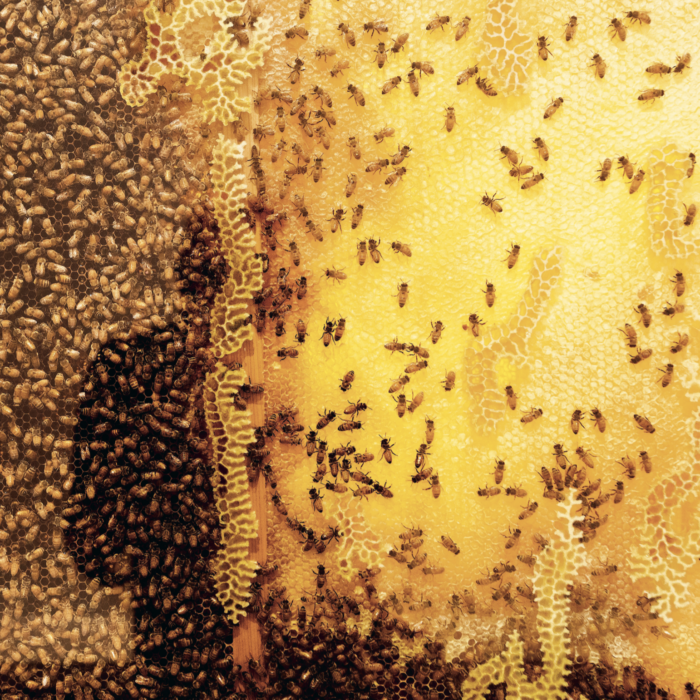07 August 2022
A long journey to a calm and peaceful life in kiwifruit country
writer: KELLY ANA MOREY
photographer: CLAIRE MOSSONG
Hamnit Hayer, 32 – a new mum, sales professional, make-up artist and devout Sikh – landed in rural New Zealand after a journey leading back several generations and over multiple continents. Now living in Aotearoa’s kiwifruit country, she honours religious and cultural traditions to keep the family connection alive.
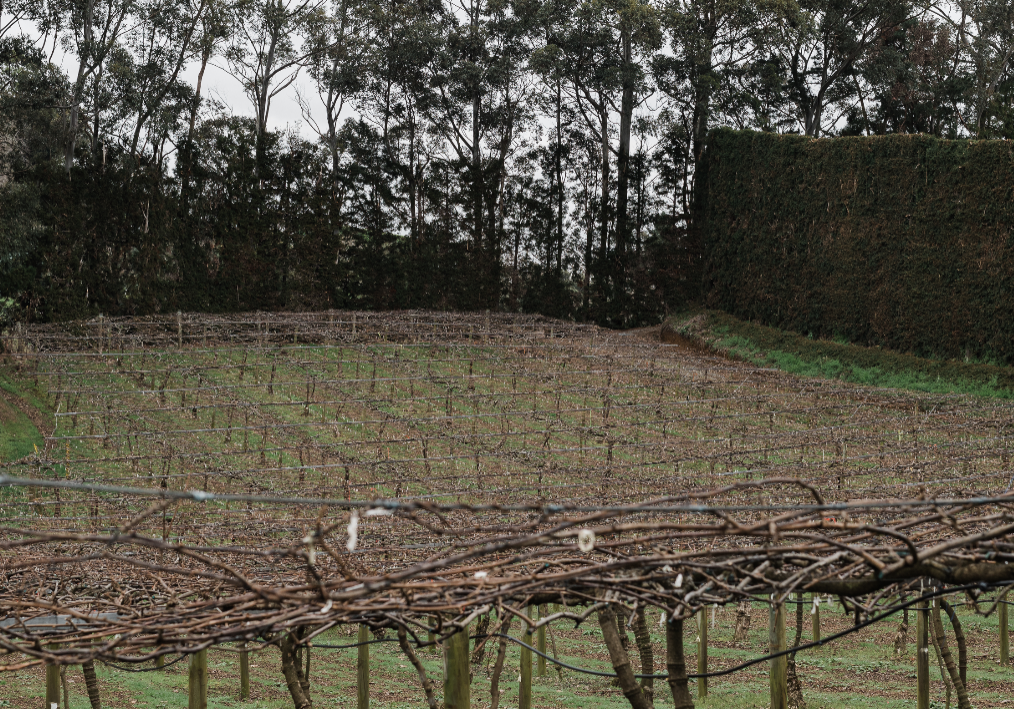
From the Punjab in northern India, to Kenya in East Africa, then the West Midlands in the United Kingdom, and finally to Aotearoa, Hamnit has travelled many miles to arrive at her current location on a kiwifruit farm at Whakamārama, just out of Katikati in the Bay of Plenty.
Although she was born in Kenya, Hamnit’s story begins in rural northern Punjab, where both she and her husband Jasjit Bahra still have family. Like many Indian families, Hamnit’s has been shaped by the Indian diaspora. Her father, Balwinder Hayer, emigrated to Kenya in the late seventies when he was just eighteen, following various other family members who had gone out earlier. “Because the lifestyle was much better out there, and there’s more opportunities compared to India,” Hamnit explains.
Hamnit's mother, Gurbax, arrived in Kenya from the Punjab in the mid-eighties at the age of sixteen. She was known to Balwinder's family, and spent two years living with his relatives before she and Balwinder married. They settled in Kisumu on the shores of Lake Victoria, and were duly blessed with three children, Hamnit and two brothers - one older and one younger than her, both of whom, along with Gurbax, still live in East Africa. Every year Hamnit's family would go home to India to visit those remaining there. Her father was very supportive of the family retaining those links and considered his wife's side of the family as much his own as hers.
In 2008, when she was eighteen, Hamnit left Kenya and moved to the United Kingdom. Balwinder had died the previous year and Gurbax was at something of a loss about what was best for her young daughter. Hamnit's two aunts on her mother's side, who had settled in the West Midlands, became her UK family. "It was such a culture shock. As much as we had travelled to the UK prior, for holidays, [and] weddings, when you decided to actually go and live there…I was brought up in this culture where you respect your elders and there's a fine line that you just don't cross. I would see my cousins speak to their parents maybe a little rudely, and I had never seen that." Hamnit finished her secondary education in the UK and went on to university, where she did two years of an accounting degree (she'd later train as a make-up artist, and work in sales).
She met Jasjit via a mutual friend on Facebook. He was in New Zealand studying horticulture. "We started chatting and we were just friends for at least a year [but] you know, there was an attraction." It would be the start of a protracted long-distance courtship. "Two thousand and twelve was the first time we ever met. We [both] travelled to India, and arranged a mutual point where we would meet," explains Hamnit. "My mum and my brother met him first, then I met him and his family." During this trip to India they would discover that the villages their respective families came from were only about eight minutes' drive apart. They also have distant mutual relatives.
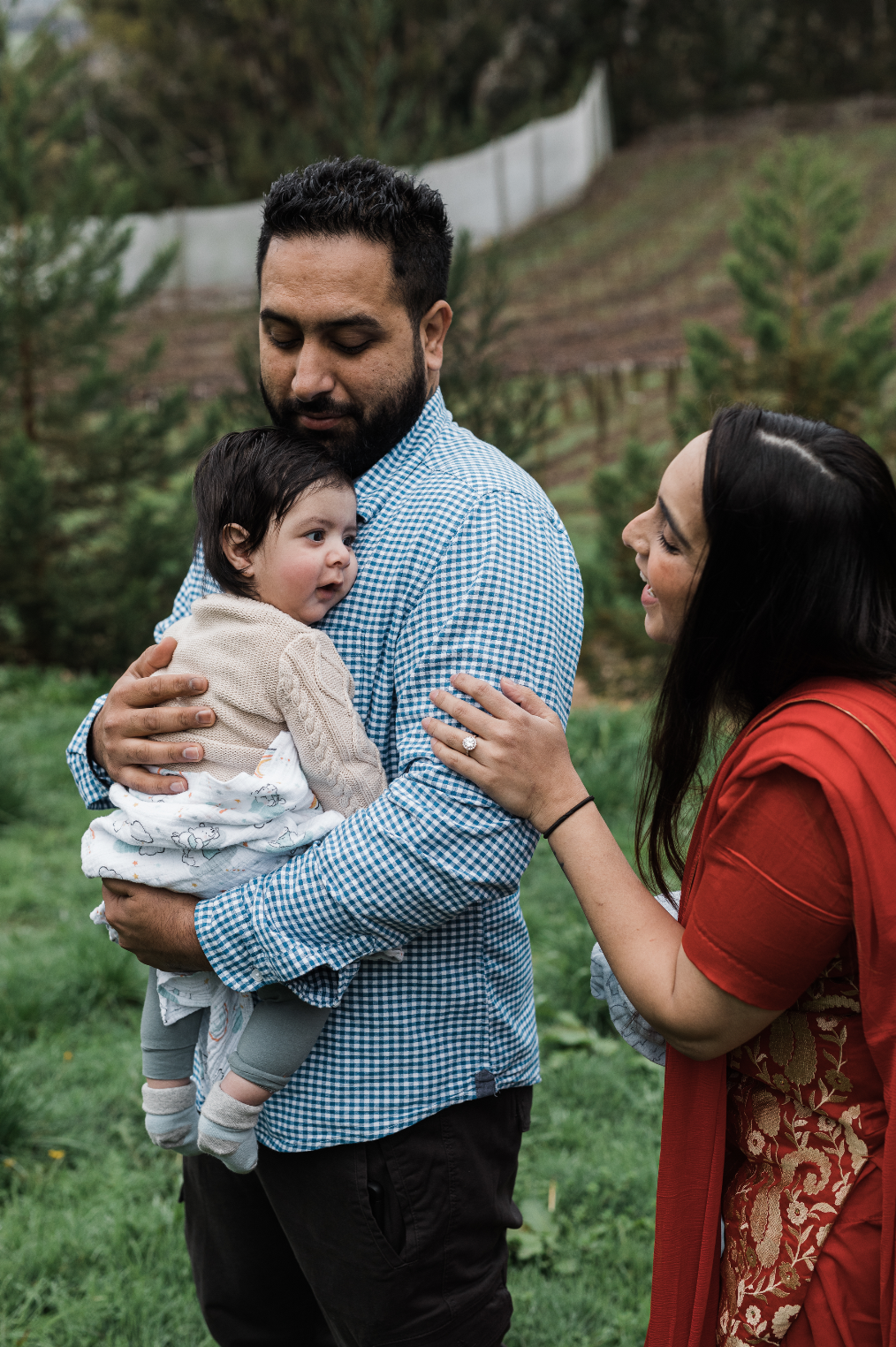
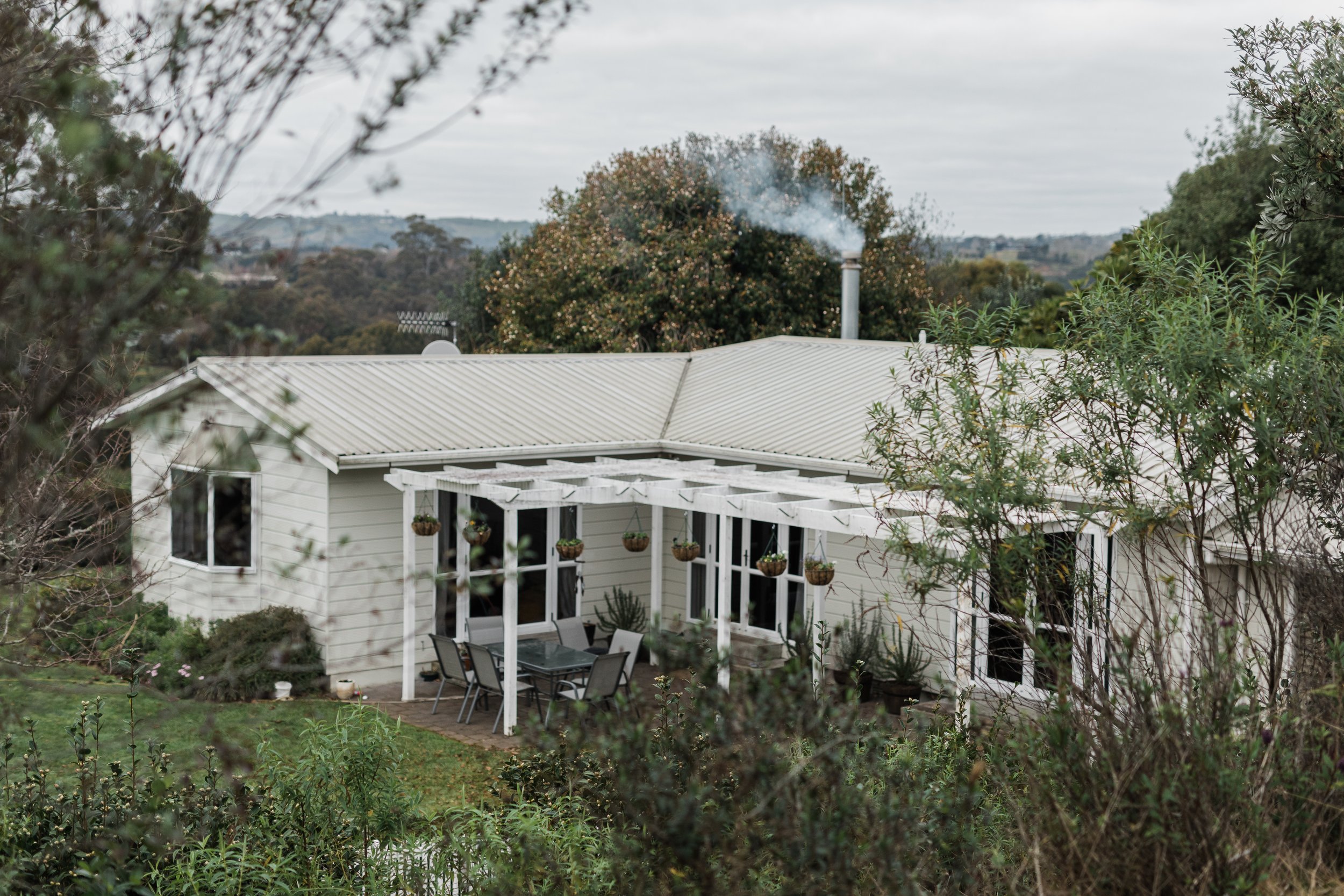
Hamnit and Jasjit got married in India in 2018. They decided to have a small ceremony at the gurdwara (place of assembly and worship for Sikhs) with only about fifty of their closest family members and on that day strictly observe Sikh religious practices. For instance, a wedding reception with gurdwara-prohibited alcohol and meat didn't feel appropriate: "It would have defeated the whole point of getting married in the temple," explains Hamnit. They did have a reception a few days later, and the couple also elected to pay for as much of the wedding as they could themselves to avoid being a burden on their families. After a few weeks' honeymoon in India, they returned to New Zealand set up home together in Welcome Bay, Tauranga, where Jasjit was already based. In 2020 he took on the role of manager on a kiwifruit farm in Katikati, and this is where the family now live. It's a place Hamnit describes as peaceful and calming, and in January this year the couple welcomed a son, Jorawar.
One might expect that making a home in yet another new country, particularly in provincial Aotearoa, where the Sikh community is still small, would be difficult. But Hamnit says it hasn't been a particularly difficult transition, especially given she lived in the UK for ten years. "Adapting was not hard. However I do face the challenge of not having family close by and travelling is so long, especially back to Kenya and the UK. There's so much to like about New Zealand, from friendly people to the amazing scenery." Far more of a challenge has been coming from Kenya, rather than India. The couple's social circle mainly consists of Jasjit's friends who travelled out to Aotearoa with him from India when they were all students. "Of course they're amazing people no doubt, but I think we're so different in the way we see things and do things…so I've kind of struggled with that since I've been here. Once you hit around thirty years old," Hamnit concludes, "you start finding it really hard to make friends."
The Sikh community in the Bay of Plenty is not as established as those in Kenya or the UK because, as Hamnit says, "We're still on the first and second generation." However, there are two gurdwara in nearby Tauranga. Her faith is fundamental to Hamnit; in line with Sikh teachings it informs every part of her daily life. Home-based daily prayers, for example, are important, and for Hamnit and Jasjit, and involve at least an hour of reflection each day. Going to the gurdwara, either for congregation or simply to pray, is another big part of their lives. "I try to go [to the gurdwara] at least once a week, but since the baby came we've only gone a couple of times."
Key celebrations in the Punjabi/Sikh calendar include Gurpurab, which celebrates the birthdays of each of the ten Sikh Gurus. The Gurus are central to Sikhism. "We try to implement the Gurus' teachings in our daily life. We don't bow down to pictures or statues, the only thing we bow down to is the Holy Book and we consider that a living Guru. It's called Guru Granth Sahib." There's also Vaisakhi, which celebrates the founding of Sikhism and occurs in mid-April, when the wheat harvest in India begins. Both are observed at the gurdwara with a special congregation. Being Indian, the family also celebrate Indian festivals such as Diwali.
When Jorawar was born, Hamnit and Jasjit took an offering of Indian sweets to the gurdwara to give thanks to the Guru for blessing them with a child. There was also a more formal welcoming ceremony for Jorawar recently at the gurdwara, in keeping with Sikh tradition. This entailed prayers of thanks to the Guru and a congregation, followed by langar - a Sikh custom representing the sharing of food with the congregation, people from all walks of life. This was followed by a gathering at the family home for friends.



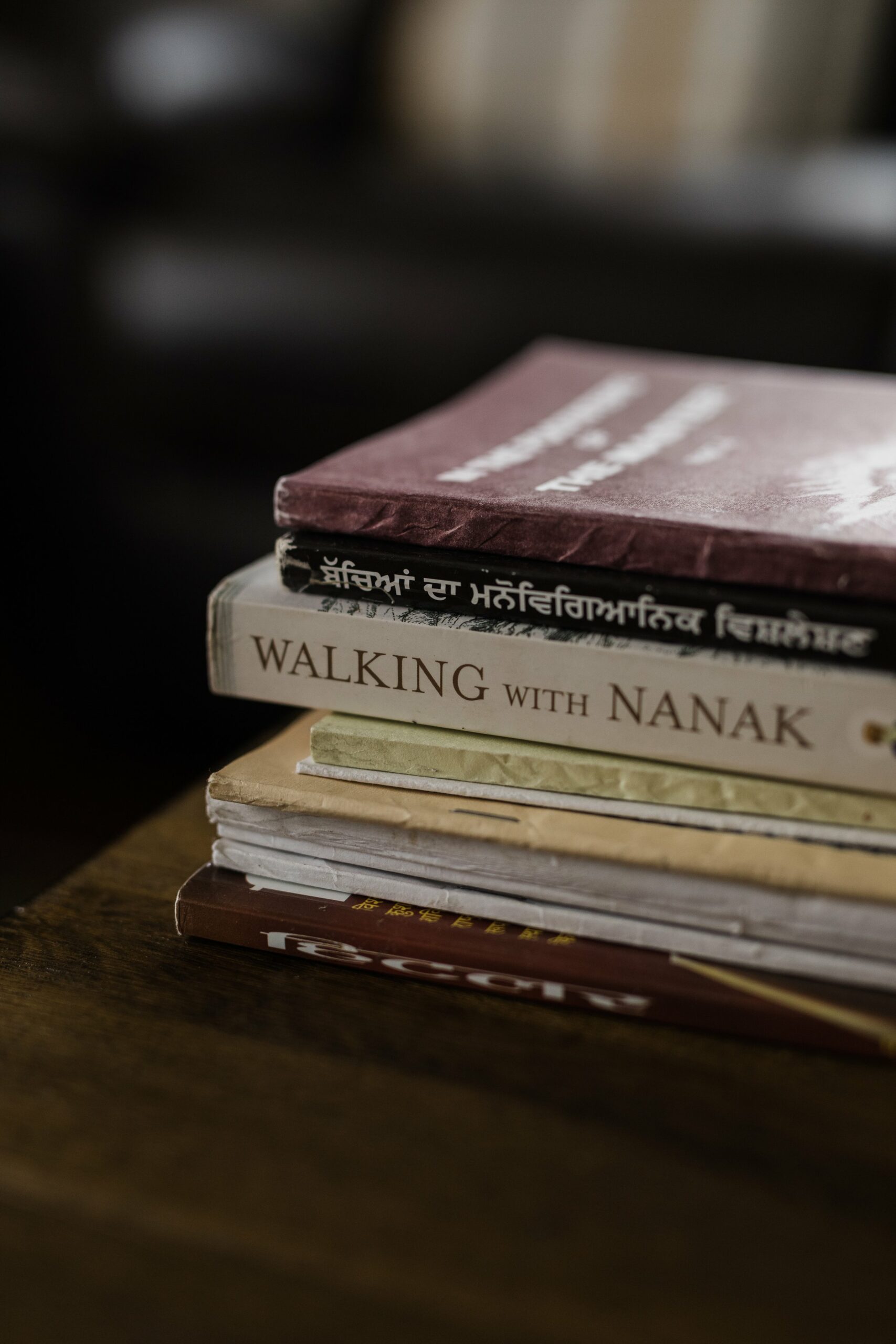
Hamnit and Jasjit speak Punjabi at home. "It makes it easier to understand our culture and our religion and helps keep the language alive so we can pass it on to our kids." Hamnit also likes to use a bit of Swahili here and there, a link to the Kenyan branch of the family. Hamnit and Jasjit wear traditional dress to the gurdwara and for special occasions and social gatherings, but on a day-to-day basis they wear Western attire for comfort and practicality. Food is another way the family connects to their heritage, with Hamnit cooking at least one traditional vegetarian meal every day. The couple also enjoys Indian music and films.
Travel used to be a big part of their lives, with regular trips to India and Kenya. This came to a halt with the global pandemic, which Hamnit got caught up in, having travelled to Kenya in 2020 to visit her family shortly before Covid-19 essentially bought the world to a standstill. She ended up stranded there for seven months. Fortunately she was with her immediate family and that was a "blessing in disguise", as it had been years since she had spent an extended time with them. And although they haven't been able to travel offshore recently, "We've been lucky enough to do some excursions around the North Island [and there's] so much more to explore." With no family other than Jasjit in New Zealand, and no visitors because of the borders being closed, the last two years have been challenging for Hamnit. But now that the world is opening up again, she's looking forward to family visiting to meet Jorawar. "Everyone is eager to see him."

This story is part of THREAD, a year-long project by Shepherdess made possible thanks to the Public Interest Journalism Fund through NZ On Air.
If you enjoyed this story, please share with someone else.
Get your hands on a copy of Shepherdess.
Related Stories
Hidden in the Hokianga
For this Back Roads, Tina takes us on a personal tour of her hau kāinga.
Going with the Flow
When community members share success stories, trade best practices and encourage others in protecting the health of their river, sustainability actions become more than a sum of their parts.
